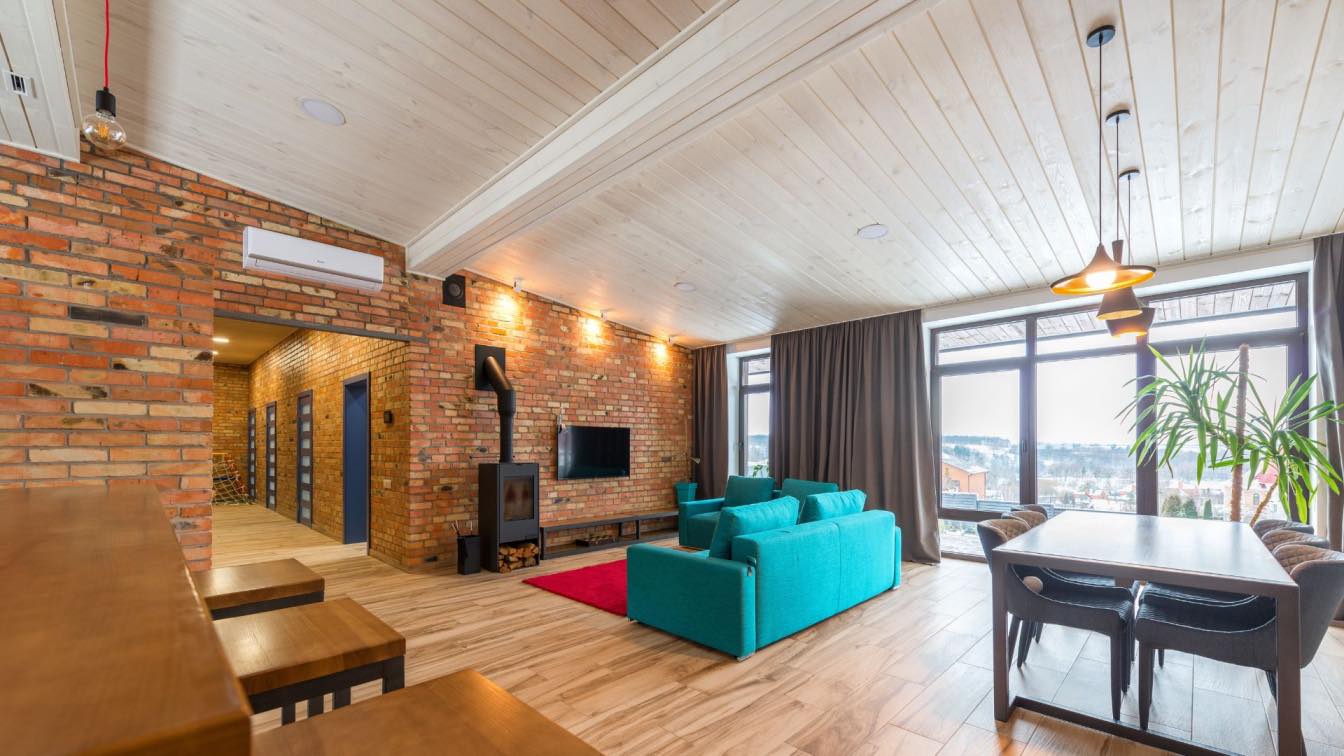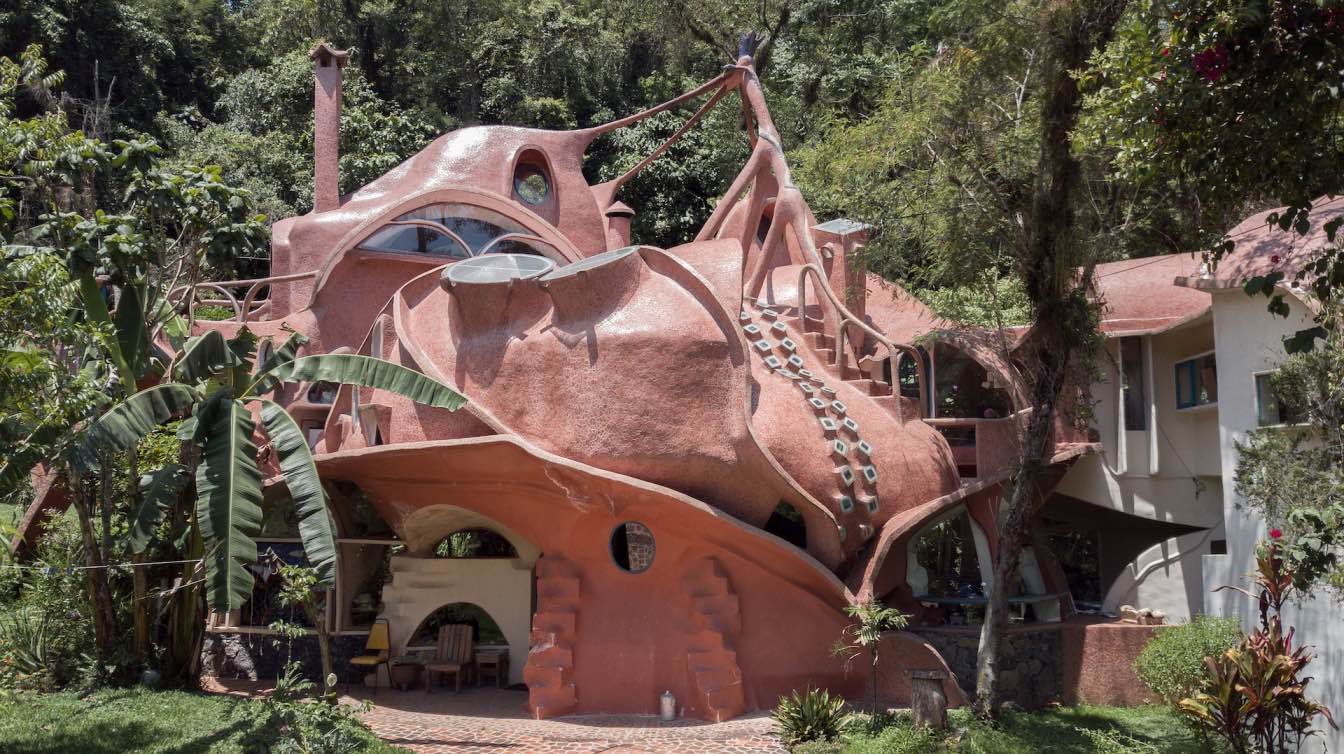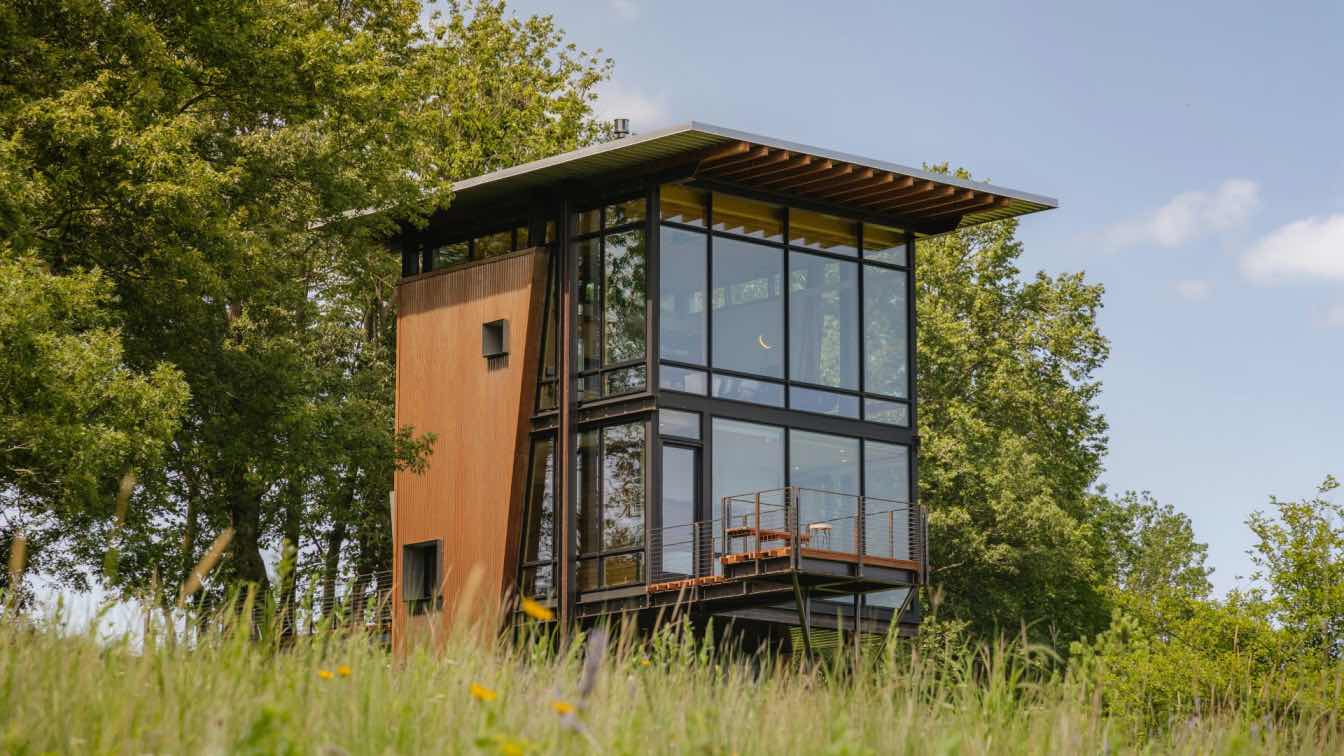Purchasing a new air conditioning system can be challenging for many homeowners. The HVAC equipment market is filled with hundreds and thousands of cooling system options that vary in size, functioning, and features. Installing an air conditioner with quality features in your home can be an excellent investment, and several factors must be considered before purchasing to get the most out of it.
This article compiles a simplified list of a few of these essential factors to assist you in making a well-informed decision. It’s always best to contact an HVAC installation and maintenance service like Williams Comfort Air to learn more about a suitable air conditioning system for your home.
The Type of Air Conditioning Unit
Although maintaining your AC unit and heating system regularly is essential for any type of equipment. Different AC systems have varying setup requirements and performance results. The air conditioner you should install in your home depends on your needs, budget, and house layout. Considering your requirements, you can go for either of these four types:
Window AC
Opting for a window AC is an excellent choice if you live in an apartment lacking a central cooling system or have to ventilate a small room. Window ACs have a small, portable design that can conveniently fit in single or double sash windows and be easily installed and relocated without much effort. The best feature of this cooling unit is that it is affordable and easy to maintain, making it a great option if you’re running on a tight budget.
Split AC
The split air conditioner is the most commonly used cooling system. It comprises an indoor and outdoor unit linked by a conduit that works simultaneously to circulate cool air. Choosing the split system for your home can be beneficial if space is a concern. Since these units are mounted high on walls, they do not take up space in small rooms.
Installing a split AC does not require extensive structural work, saving up on hefty installation costs. However, a professional is needed to install the unit in your home. Split systems are also noiseless as their compressor is situated outdoors and can even function as a heating system during winter.
Portable AC
Investing in a portable air conditioner can be a wise decision if you live in a rented home and do not want to install AC units in every room. Portable AC units can be easily transported from room to room, and are a cheaper alternative to larger units like split systems. This system incorporates a hose that vents the humid air, helping the AC circulate dry, cool air. While affordable and highly convenient, portable ACs are not efficient enough compared to window or split systems.
Central AC
If you have a limitless budget and are shifting to a new large house, opting for central air conditioning can be an excellent decision. This system involves setting up extensive ductwork with the walls that circulate air throughout the house. Central air conditioning is a beneficial investment as it adds value to a house, delivers the best performance, and is highly energy efficient, contributing to lower bills. However, the downside to this system is that the installation and annual maintenance can cost quite a lot.
AC System and Room Size
The size of your room and cooling unit impacts the working efficiency of the air conditioning system. To ensure your AC unit delivers optimal cooling performance, select one that is the perfect fit for your room’s dimensions.
Opting for an undersized AC for a large room will reduce the unit’s effectiveness in removing humidity and cause it to overwork. On the other hand, installing an oversized unit in a small room would affect its running, decreasing the rate of dehumidification and wasting energy.
The correct AC unit size distributes air evenly and saves billing and repair expenses. To get a general idea of what size AC you should purchase, compare its cooling capacity with the house’s area. On average, a one-ton AC delivers optimal performance for an area of 600 to 800 square feet.
Cooling Capacity
The cooling capacity or tonnage is another factor that is essential to consider while purchasing an AC unit. It is expressed in BTU and is the measure of the ability of an air conditioning system to remove heat in a set period. It primarily depends on the size of the room. A lower cooling capacity will not deliver effective cooling performance. While if the BTU capacity value is higher for your room, the AC will cool the room quickly without dehumidifying adequately. Hence, check the unit's tonnage and the area it can circulate air to make the right decision.
Energy Efficiency
With power tariffs increasing globally, saving on electricity bills should be a priority. It is why choosing an energy-efficient AC unit is crucial. Air conditioning units usually have a SEER or an EER rating that shows how little energy they consume to deliver optimal performance. While it costs more upfront, an AC unit with a higher SEER or EER rating is a better investment as it is highly power efficient. Thus, promising huge savings on electricity costs.
Endnote
Choosing a suitable air conditioning system for your home can be complex, but adequate research makes buying a breeze. To get your money's worth and a cooling system that performs optimally, check for the unit type you need and factors like the unit's size, cooling capacity, and energy efficiency. Additionally, consulting a reputable AC service provider can help you make a well-informed decision before purchasing.





